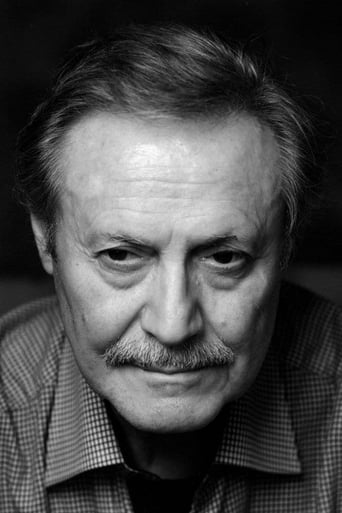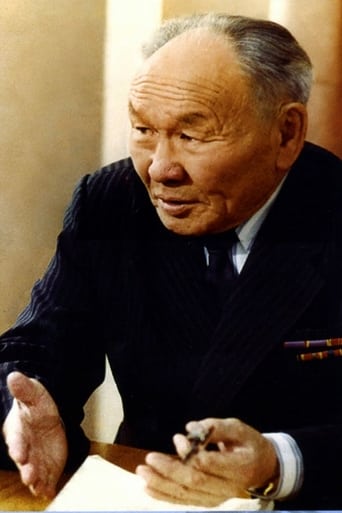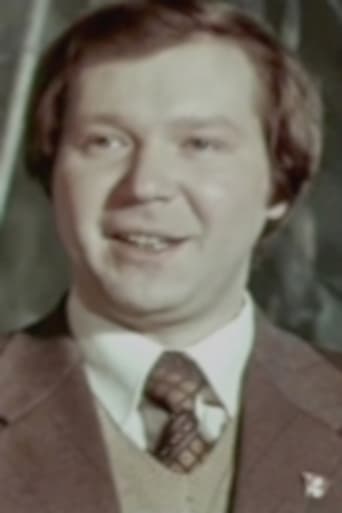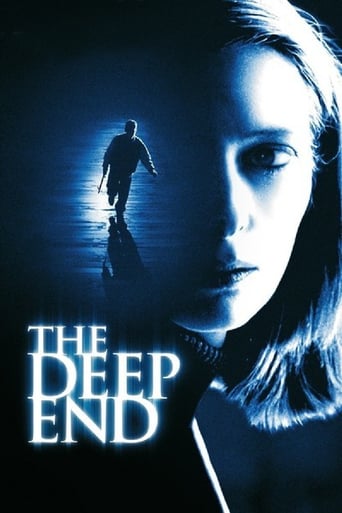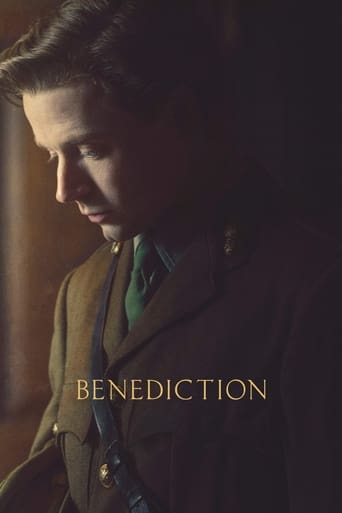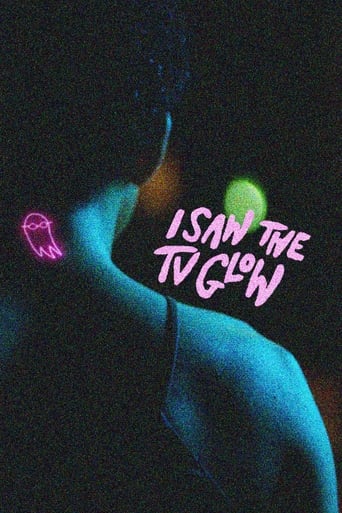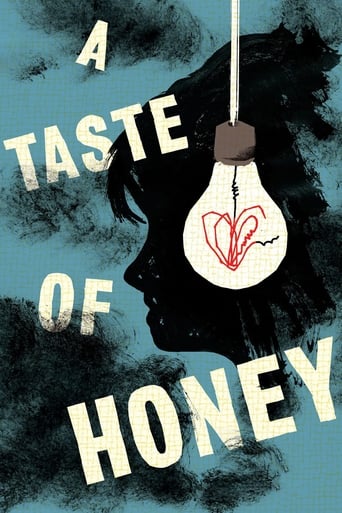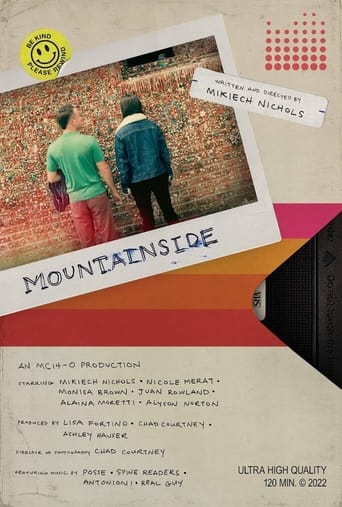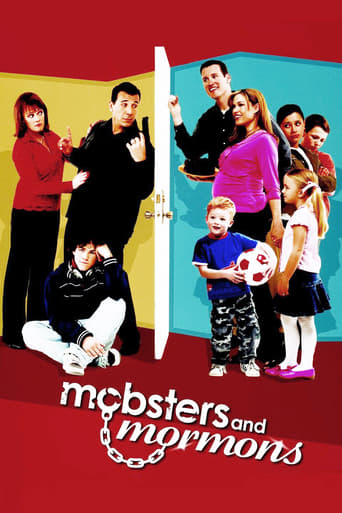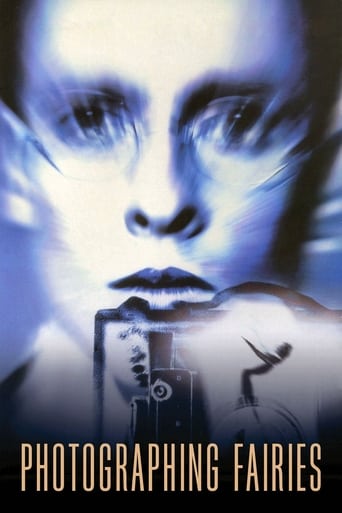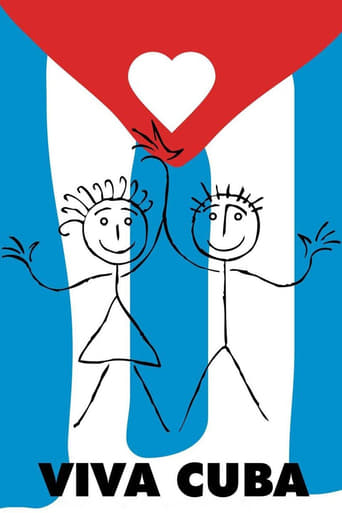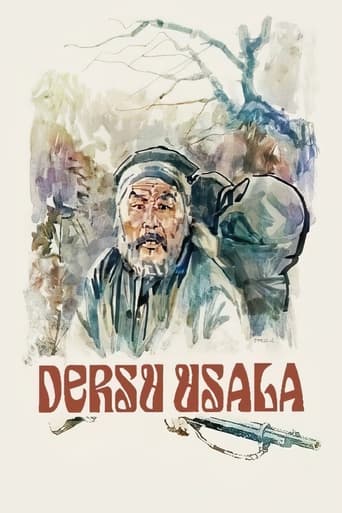
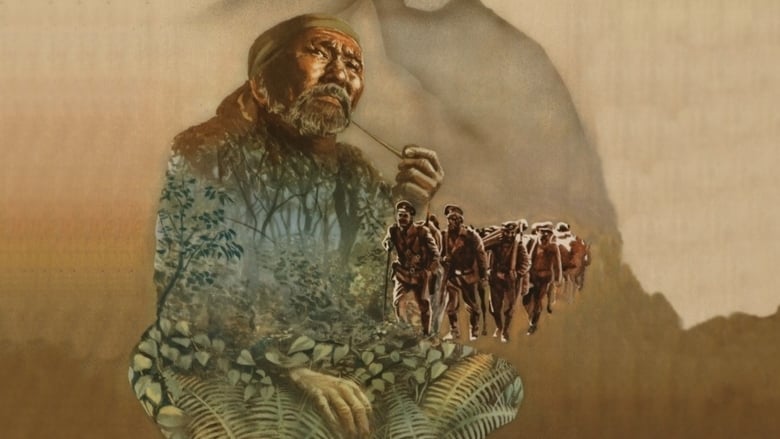
Dersu Uzala (1977)
A military explorer meets and befriends a Goldi man in Russia’s unmapped forests. A deep and abiding bond evolves between the two men, one civilized in the usual sense, the other at home in the glacial Siberian woods.
Watch Trailer
Cast
Similar titles
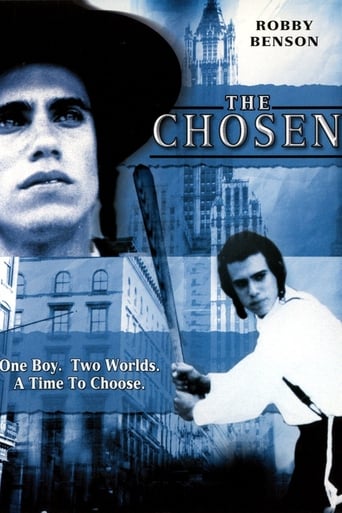
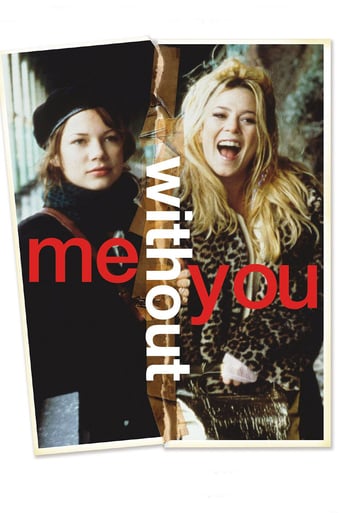
Reviews
Don't listen to the negative reviews
This is one of the few movies I've ever seen where the whole audience broke into spontaneous, loud applause a third of the way in.
It's a feast for the eyes. But what really makes this dramedy work is the acting.
The film's masterful storytelling did its job. The message was clear. No need to overdo.
Friendship blossoms between a Russian army captain and a local hunter he recruits to guide his soldiers through the wilderness in this Akira Kurosawa epic filmed on location in the Soviet Union. The film benefits from Kurosawa's eye for natural beauty when it comes to vast landscapes untouched by civilisation, however, what really drives the film is the bond that develops between the main characters - and in spite of other soldiers ridiculing the local hunter behind his back. This very real bond leads to an especially engaging final quarter in which the captain tries to give the hunter a better life by inviting him to live with him, only to discover that despite their deep friendship, they each want something different out of life ("how do you live inside a box?"). The first three quarters of the film are not quite as compelling as this final section, but they are still engaging enough as the two main characters survive through harsh conditions, coming to appreciate each other just a little more in the process. The movie may have benefited from less focus on the other soldiers who are rather dull and ultimately interchangeable, and yet, they serve as an acute counterpoint to their captain who is able to see past stereotypes and racial prejudice and recognise right away the skills, talent and humanity of the hunter who, in some ways, is more civilised than the soldiers who mock him.
This film was made when a member of the Russian embassy contacted Akira Kurosawa, asking him to make a Russian film for Russians. The result? A beautiful film, both inside and out. What I mean is that it stands out as an art piece, the mise-en- scène, the cinematography. But also as a beautiful portrait of the great friendship shared by two men with two distinct ways of living, two seemingly contradicting mindsets, and two disparate socioeconomic strata. So much if the film is dependent on acting performances and emotion rather than dialogue. As always, Kurosawa relied heavily on the symbolic nature of natural phenomena (rain, snow, a rainbow) to aid in his storytelling. (Pun intended.) Kurosawa's first film not in Japanese, as well as his only work in 70mm. Production took three years, being shot entirely outdoors in nature on location in Russia, of course making for some magnificent cinematography. As a side note, the fascinating fact that this achievement by Japanese director Akira Kurosawa won the Academy Award for Best Foreign Language Film for Russia finally motivated me to figure out what, exactly, the Academy considers a "Foreign Language Film". This is something I have wondered about for sometime but was unable to discern, until now. What I had to do was the obvious. Go to the source. (http://www.anica.it/allegati/OSCAR/90_FLFA_RU LE_THIRTEEN.pdf) I also found an article that elucidates the small details for interested readers. (https://www.thoughtco.com/qualifying-best- foreign-language-film-oscar-2421430)
I too loved this movie when I saw in cinema, I have just bought a copy from Amazon and hope with my wide screen TV that it will give a satisfactory viewing. I was so impressed with the relationship between the two main characters and considering that this movie was made during the height of the Cold War in an area of Russia that was very restricted to visit, it is a wonder that it was ever made. I wonder if Russian censors ever got to see this film as it shows an official wavering between duty and his personal sense of right and wrong.It has subtitles but do not let that put you off watching this marvelous film that has spectacular scenery and dynamic interplay between the protagonists plus a political comment (between the lines) about Russia of the time and the world in general when first world meets third world... {:~)
This movie literally made me develop a bit of annoyance (to be polite) towards Hollywood movies. Every time I am set to watch a drama, there are few movies that come to my mind which set my expectation. But post this movie, this is the one that comes first to my mind. This has also helped me distinguish clearly between American culture and Asian culture (European here) and what to expect and what not to from Hollywood movies. Don't mean to write off Hollywood movies entirely. There are multiple masterpieces there and I continue to watch and re-watch many of them. However, very clearly, as Robert Altman once said while reviewing Rashomon, Hollywood probably portrays everything with the same causal and logical relationship but in an American setting with American characters portraying American culture, spoken language and body language. That really is the distinction which brings out, in all its glory, the Great American Arrogance (GAA).At the outset, great script, great cinematography, clinical direction, engrossing background score and performances by the actors that does justice to all the technicians' efforts.A bit of background about the movie - might not be new for Kurosawa fans. Kurosawa, after a series of failed movies from later 1960s to early 1970s, Kurosawa unsuccessfully attempted suicide. Thereafter Kurosawa set to work on a film based on a novel by a Russian explorer. Shot for more than a year under extremely harsh conditions, this movie won the Oscars in the foreign language film category apart from many other wins at various film festivals. This marked the re-entry of a master.The movie's beauty or its backbone is in the characterization. To verbally narrate this as a story to someone could be boring and futile as the impact lies in the characters and the screenplay. Extremely adorable characterization of the hunter. He would make you want to be like him or meet someone like him. He would make you think that such God-hearted souls exist only in the wilds away from the cynical and hypocrytic man-made parts of the world. In fact there is a similar line in the movie where the army men discuss that people like Dersu can be found only in the wilds. The character of the Captain is also extremely important as his thoughts and body-language impress upon the viewers Dersu's selflessness (viewers can see that the Captain literally admires him). Both these characters make the movie what it is.The movie is simply about what happens over a few days between a few Russian army men, their captain and a hunter in the Siberian forests. No real start nor finish. Nothing like a specific mission, specific event, specific incident, specific life story, etc. Yet it will totally have you in grips and you wouldn't want to get up before completely watching this movie and until you've seen what happens to the sweet characters in the movie and the relationship between them.At the risk of sounding tangential and biased / prejudiced I must compare, at a very high level, 2 Hollywood movies that quickly come to my mind with Dersu Uzala. Shawshank Redemption and Bucket List. Granted that both have a completely different theme and talk about something different. Yet there is a very striking similarly and a commonality. Both of them are about friendship between 2 adult men and mature. While I don't have much to talk about the portrayal of relationships in the 2 movies as that is purely driven by what the movies called for, I would merely compare the characterization which is what I came to realize as the GAA. While the character of Morgan Freeman in both movies is almost comparable (in terms of his personality and composure) to that of Yuri Solomin (who plays the Captain in this movie), the real difference is seen in the characterization of Jack Nicholson and Tim Robbins in Bucket List and Shawshank Redemption respectively. Both exude a bit to extreme levels of arrogance. And this difference is also seen in the characterization of support roles. This characterization, if not the comparison, is very important as that is really the highlight of this movie for which you'll fall in love with it.This movie reinforces Kurosawa's view of humanity and how he sees the world today. This is one of the movies that can have a lasting impact on one's personality (it did on mine). Fans of pure drama movies MUST watch this. 10/10.
